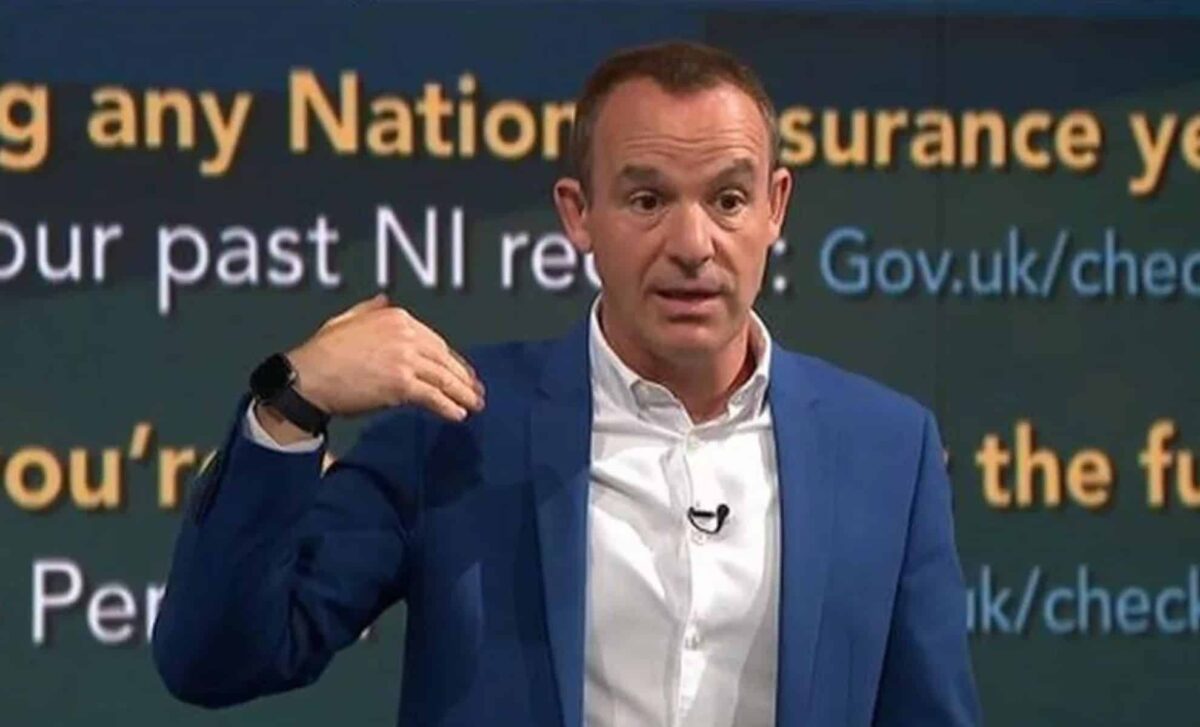Martin Lewis’ Money Saving Expert (MSE) website has shed light on an important financial issue: millions of people in the UK, particularly those earning under £35,000 a year, could be missing out on significant Universal Credit payments—up to £5,800 annually. This eye-opening revelation comes as part of the website’s campaign to ensure that eligible individuals are aware of the support they could be claiming. For many, this extra financial help could make all the difference in covering essential living and housing costs.
What Is Universal Credit and Who Can Claim It?
Universal Credit is a government benefit designed to help people on low incomes or with no income at all. It provides monthly payments to help with living and housing costs, particularly for individuals who are unemployed, underemployed, or unable to work due to illness or other personal circumstances. This includes people who are self-employed or working part-time, making it a versatile benefit for various living situations.
However, despite the wide availability of the benefit, it appears that 1.4 million people are missing out on an average of £5,800 per year in payments. The Money Saving Expert (MSE) website, led by Martin Lewis, estimates that many individuals earning less than £35,000 annually are not claiming the support they are entitled to. The situation may be especially dire for those with children or high childcare costs, as they may still qualify for Universal Credit even if their income reaches up to £60,000 a year.
MSE highlighted this issue, stating: “UNIVERSAL CREDIT – 1.4 MILLION miss out on an average of up to £5,800 a year. The catch-all monthly benefit to support those of working age (with low or no income) with living and housing costs. Who’s likely missing out?” It continues, “Households with lower incomes, up to roughly £35,000/yr, though if you’ve kids, high childcare costs and rent, it could be £60,000/yr.”
Eligibility Criteria for Universal Credit
Understanding whether you qualify for Universal Credit is the first step in claiming this vital benefit. According to the government’s Universal Credit website, you may be eligible if you’re aged 18 or over (but under the state pension age), live in the UK, and meet the financial criteria. This includes individuals who are either out of work, in work (including self-employed), or unable to work due to illness or disability. However, claimants must also meet the following conditions:
- You must have savings or investments under £16,000.
- If you or your partner have reached the state pension age, you can still claim, but payments will stop once both of you reach state pension age.
The benefit is calculated based on the income of the individual (not household income) for those living alone or in shared housing. However, for couples living together, the combined household income is used to assess the payment eligibility. If you have additional costs, such as childcare or rent, your eligibility could be higher, even if your income reaches up to £60,000 annually.
Why Are So Many Missing Out?
Despite the broad eligibility, Martin Lewis’ MSE has flagged the growing issue of 1.4 million people not claiming Universal Credit, missing out on £5,800 per year in potential payments. Many people may not be fully aware of their eligibility or might assume they earn too much to qualify. However, MSE stresses that people with children, high childcare expenses, or other specific circumstances can still be eligible for payments, even if their income is as high as £60,000. This crucial information may be overlooked, particularly by individuals in households with complex financial situations.
For example, families with children, or those who have significant housing and childcare costs, may not realise that Universal Credit is available to them even with higher-than-expected incomes. As MSE states: “If you’ve kids, high childcare costs and rent, it could be £60,000/yr.”
What’s At Stake for Missed Payments?
The missed £5,800 a year could have a huge impact on many families and individuals, particularly in today’s economic climate. With rising costs of living, increasing rent, and other essential expenses, having access to additional financial support could significantly ease the strain on household budgets. For those in precarious situations, not accessing this benefit could lead to more financial stress, making it more difficult to meet everyday expenses.
Martin Lewis’ message is clear: don’t leave money on the table. He urges individuals earning under £35,000 (or up to £60,000 with children or significant costs) to check if they qualify for Universal Credit and start claiming their share of the benefit.
How to Apply for Universal Credit
If you think you may be eligible, it’s crucial to act quickly. Applications for Universal Credit are made online through the UK government’s website. It’s a simple process, but it’s important to have all the necessary information about your income, savings, and household situation when applying.
Once your claim is submitted, the government will assess your financial situation, and if eligible, you will begin to receive monthly payments designed to cover essential living and housing costs.









